
Editorial | Jun 10,2023
Dec 26 , 2020
By Chimimba David Phiri (PhD)
Despite their significant contributions, small and medium agro-enterprises (SMAEs), like small farmers, have difficulty accessing finance, services and modern inputs. Supporting them is crucial to achieve food security and sustainable agricultural development in East Africa, writes Chimimba David Phiri (PhD), policy economist and FAO subregional coordinator for Eastern Africa and representative to the African Union and UNECA.
Nearly 620 million people were still hungry globally in 2019, according to the recent State of Food Security & Nutrition report, underscoring the immense challenge of achieving the Zero Hunger target by 2030. In Africa, hunger is on the rise in almost all African subregions. The latest data shows that 239 million hungry people are living in Sub-Saharan Africa.
The East Africa subregion contributes more than 50pc of the chronically hungry people in Africa even though the region contributes under a quarter of Africa’s population. Compounded impacts of droughts, severe flooding, and desert locust infestations in East Africa have already undermined food security and nutrition. The outbreak of the COVID-19 pandemic has further threatened livelihoods in the subregion, which, apart from contributing more than half of Sub-Saharan Africa’s chronic food insecure population, also has nearly 28 million people in acute food shortage.
This situation calls for immediate policy and programmatic responses through recovery and resilience building, to keep food supply chains alive and mitigate COVID-19 impacts across the already fragile food system. Robust small and medium enterprises (SMEs) in the agro-food sector are vital in economic recovery and resilience, because they provide income and employment opportunities for millions of people in East Africa.
SMEs add value to raw agricultural material through product transformation and can improve food security in different ways. They can reduce post-harvest losses; by extending the shelf life of food, making it easier to reach urban areas where most of the population resides. They also increase incomes and create employment along the food chain from production to consumption. Agro-processing also improves the safety of foods through establishing appropriate certification and traceability and increasing access to markets. These enterprises handle 80pc of Africa’s food consumption and 96pc of domestic supply chains crucial to farmers.
However, these enterprises mainly operate in the informal sector that has seen them disproportionately affected by COVID-19 and related containment measures. Agro-food SMEs have been among the first respondents in the COVID-19 crisis. The pandemic is limiting agro-enterprises from ensuring the consistent supply of food to markets due to enforced closures, labour shortages resulting from illness, and slowdowns in operations caused by physical distancing and lockdowns. Food processing facilities have also been the site of large clusters of COVID-19 cases and subsequent food supply chain disruptions.
Despite their significant contributions, small and medium agro-enterprises (SMAEs) face various challenges. Agro-industrial value added is still small in Africa. SMAEs, like small farmers, have difficulty accessing finance, services and modern inputs to build viable enterprises, constraining their potential role in local food systems. Regulation and policy measures focus mainly on the agricultural sector, trade or broader industrial development, failing to address SMAEs’ specific needs. Funding and investment opportunities for agri-food SMAEs are scarce in Africa due to the perceived risks of the agricultural sector, coupled with the lack of capacity of financial institutions and private investors to correctly assess the potential profitability of business opportunities within agribusiness markets.
Studies indicate that only a few small and medium agro-processing enterprises grow to become profitable, competitive businesses. This is because entrepreneurs in developing countries face challenges including lack of market knowledge, limited access to financing products, business services, appropriate technology and testing facilities and professional networks.
Governments and development actors have been making efforts to alleviate some of these challenges through facilitating grants, preferential loans, partial credit guarantees, targeted fiscal relief and other similar measures. The Food & Agriculture Organisation of the United Nations (FAO) [where the author of this article is a policy economist] works with governments, producer organisations, private sector actors and financial institutions to increase investment in agribusiness. It builds the capacities of agricultural ministries and other relevant ministries to effectively engage with private sector partners on the inclusion of farmers and SMAEs, investment promotion and increased efficiency.
Moving forward, COVID-19 control strategies must enhance workplace safety measures, such as excluding sick workers, erecting physical barriers, requiring face protection, and enhancing sanitation to prevent virus transmission. Providing training and applying these principles in all food processing environments will reduce the transmission and limit the spread of other pathogens, thereby keeping workers healthy and the food supply safe.
Threats such as COVID-19 offer an opportunity to re-think agro-food business models and put in place systemic changes, focusing on resilience systems that leave no one behind.
For short-term recovery, it would be valuable to measure impacts of the pandemic with a food security lens to inform policy decisions and investments on the SMAE sector. It is necessary to support local and regional food markets including input supply, production and logistics. Another step is designing programmes to improve production efficiency and resilience in agro-food systems by promoting innovations and digital solutions. Putting in place mechanisms to leverage different sources of finance and technical assistance is invaluable; for example, targeted credit, challenge funds, impact financing, guarantees etc.
On the longer term, governments and development actors should continue promoting intra-regional trade in agro-food products. Targeted economic stimuli to support enhanced recovery and resilience in agro-food systems and multi-sectoral approaches for recovery and development are also essential.
Recognising the invaluable contribution of SMAEs to agricultural development, there is a need to scale-up innovative approaches to inclusive finance and investment models that support women and youth agro-preneurs. Development actors should work alongside governments, financial institutions and local partners to address both supply-side and demand-side constraints to inclusive financing. Testing and scaling up agricultural finance products and inclusive agribusiness models developed by financial institutions and value chains actors, as well as scaling up mobile banking and ICT use to leverage finance for all actors along agricultural value chains, are key interventions.
To sustainably support SMAEs, promoting financial literacy among producer organisations and improving coordination among public and private stakeholders in implementing common agribusiness investment promotion strategies at national and regional levels are advantageous. Setting up agribusiness entrepreneurship centres can improve the competitiveness and growth of agro-processing enterprises by advancing innovation in products, processes and business models.
Supporting SMAEs is crucial toward achieving food security and sustainable agricultural development in East Africa.
PUBLISHED ON
Dec 26,2020 [ VOL
21 , NO
1078]


Editorial | Jun 10,2023

Viewpoints | Feb 12,2022

Radar | Jul 17,2022
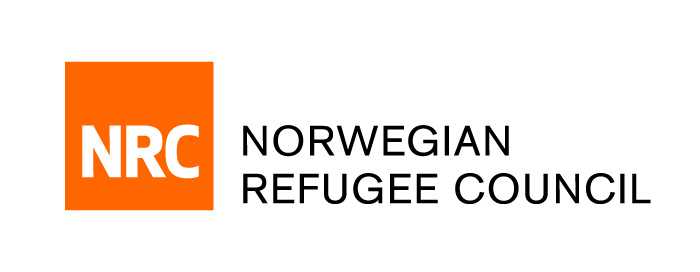
Fortune News | Jun 10,2021

Radar | May 18,2019

Radar | Nov 21,2020
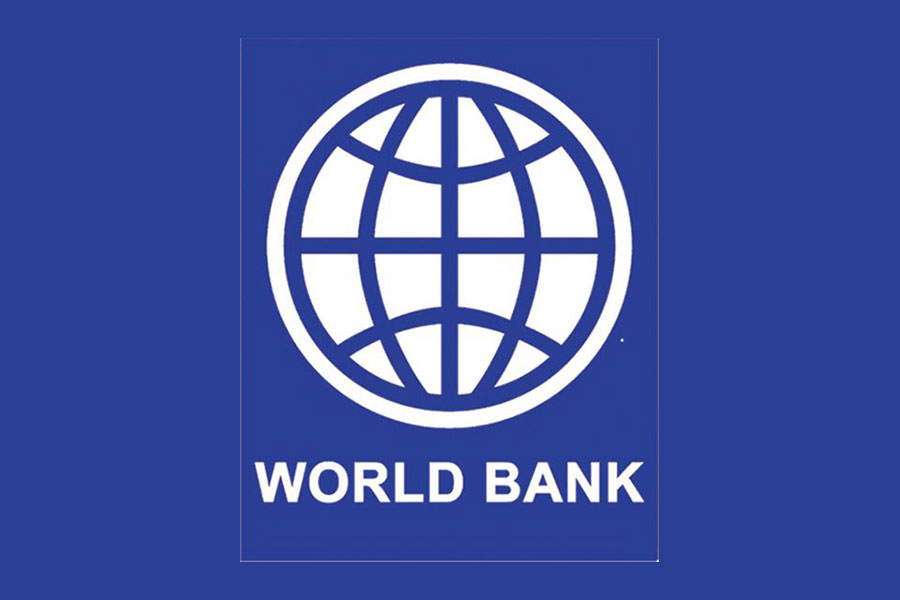
Radar | Jun 25,2022
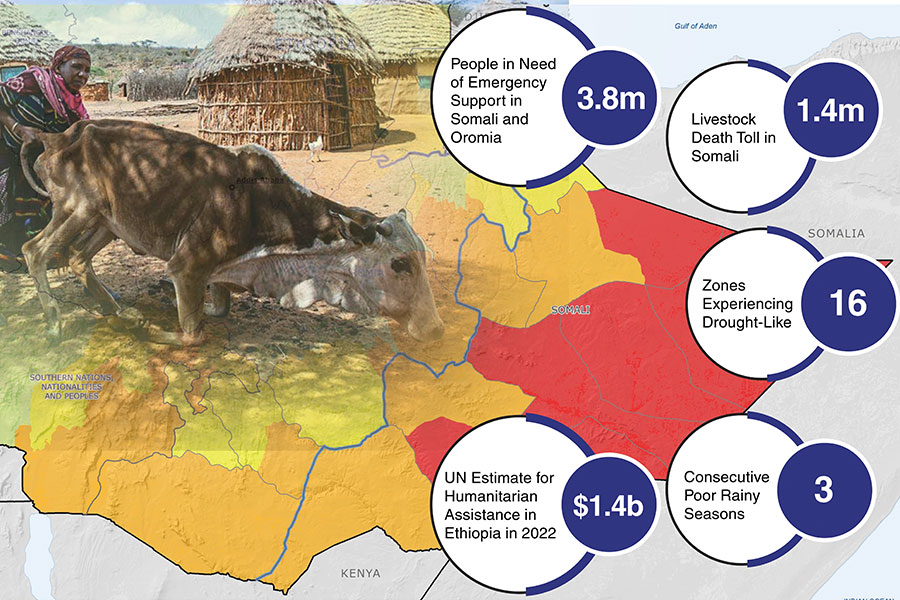
Fortune News | Jan 29,2022

Commentaries | May 16,2020

Viewpoints | Nov 16,2019

Photo Gallery | 96073 Views | May 06,2019

Photo Gallery | 88341 Views | Apr 26,2019

My Opinion | 66978 Views | Aug 14,2021

Commentaries | 65708 Views | Oct 02,2021
My Opinion | Apr 13,2024

Feb 24 , 2024 . By MUNIR SHEMSU
Abel Yeshitila, a real estate developer with a 12-year track record, finds himself unable to sell homes in his latest venture. Despite slash...

Feb 10 , 2024 . By MUNIR SHEMSU
In his last week's address to Parliament, Prime Minister Abiy Ahmed (PhD) painted a picture of an economy...

Jan 7 , 2024
In the realm of international finance and diplomacy, few cities hold the distinction that Addis Abeba doe...

Sep 30 , 2023 . By AKSAH ITALO
On a chilly morning outside Ke'Geberew Market, Yeshi Chane, a 35-year-old mother cradling her seven-month-old baby, stands amidst the throng...

Apr 13 , 2024
In the hushed corridors of the legislative house on Lorenzo Te'azaz Road (Arat Kilo)...

Apr 6 , 2024
In a rather unsettling turn of events, the state-owned Commercial Bank of Ethiopia (C...

Mar 30 , 2024
Ethiopian authorities find themselves at a crossroads in the shadow of a global econo...

Mar 23 , 2024
Addis Abeba has been experiencing rapid expansion over the past two decades. While se...

Apr 13 , 2024
A severe financial stranglehold has been imposed on the banking industry, underminin...
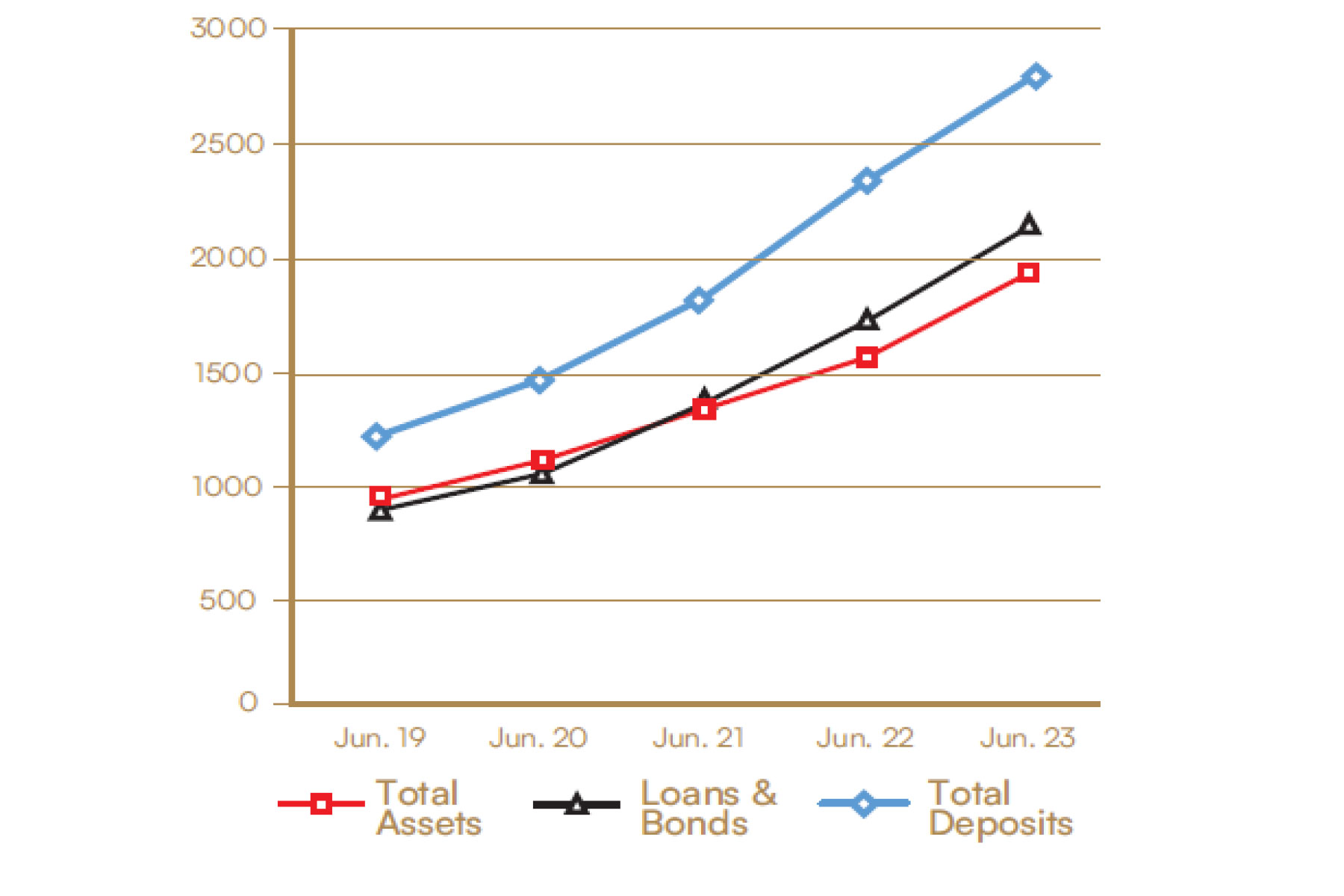
Apr 13 , 2024 . By MUNIR SHEMSU
In an unprecedented move, the central bank has published its inaugural stress test report, uncovering potential fault lines within the finan...
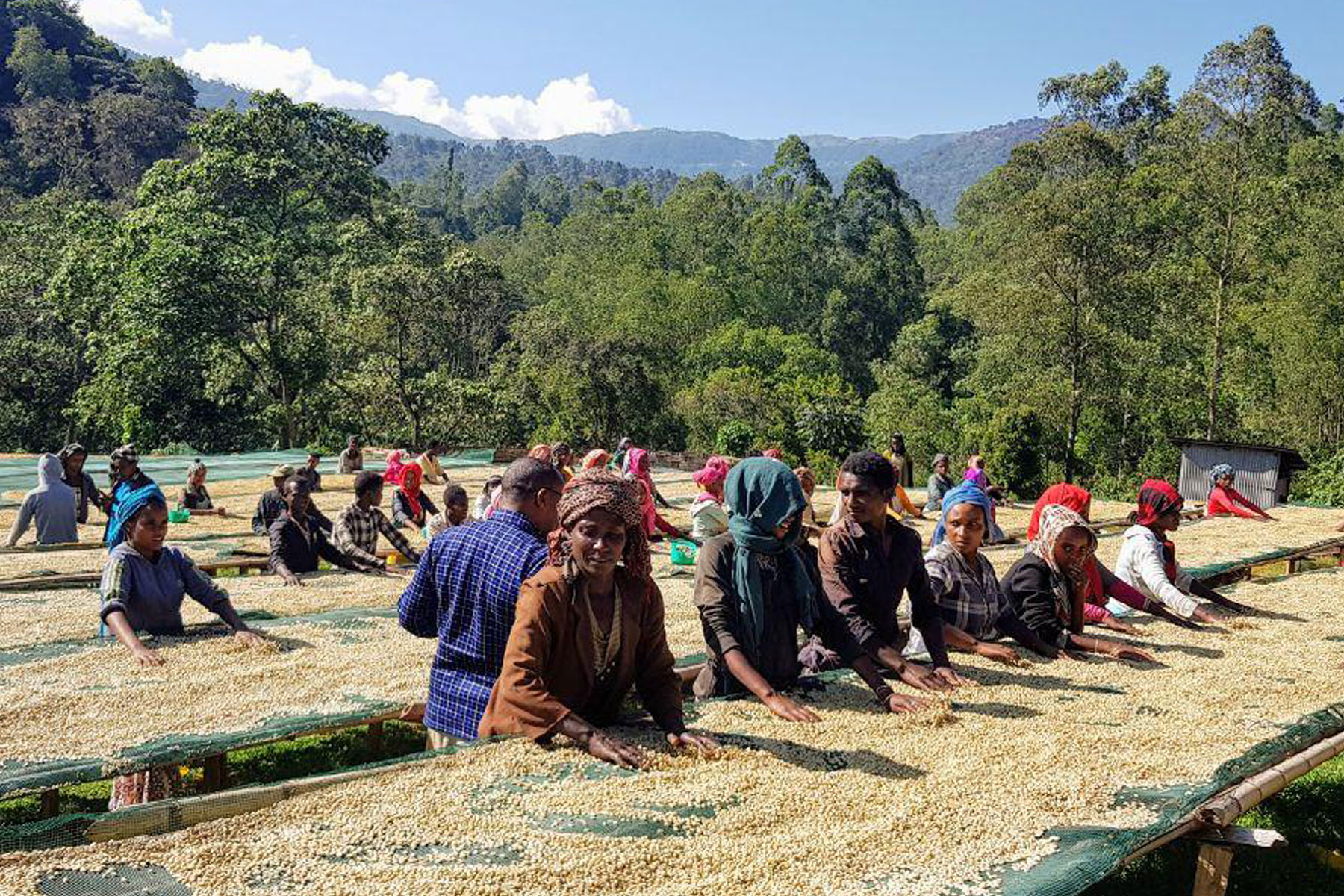
Apr 13 , 2024 . By MUNIR SHEMSU
In a bold departure from its historical position on foreign investment, the federal government has opened...
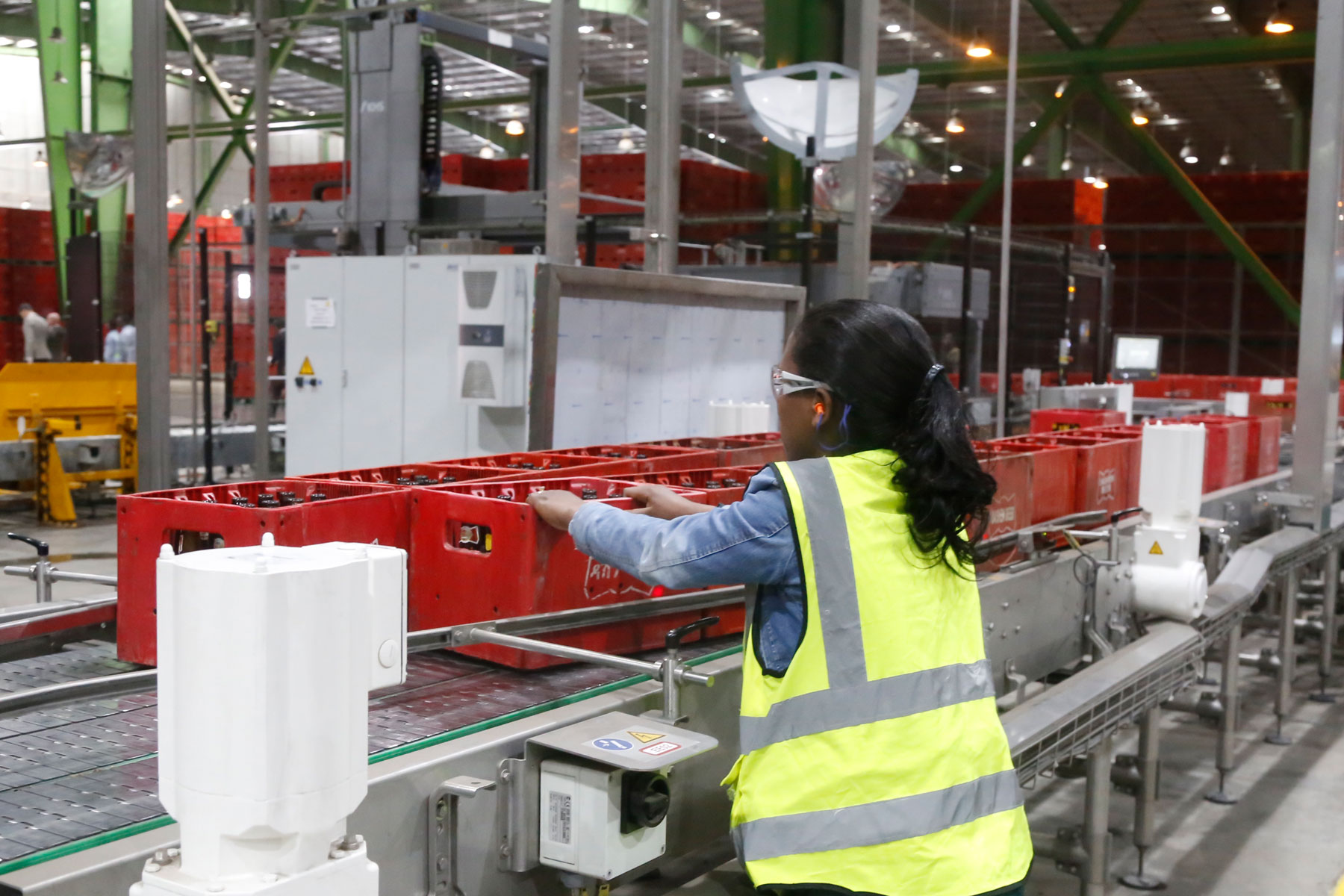
Apr 13 , 2024 . By AKSAH ITALO
A proposed excise tax stamp system draws controversy amongst industry leaders in the alcohol, tobacco, be...